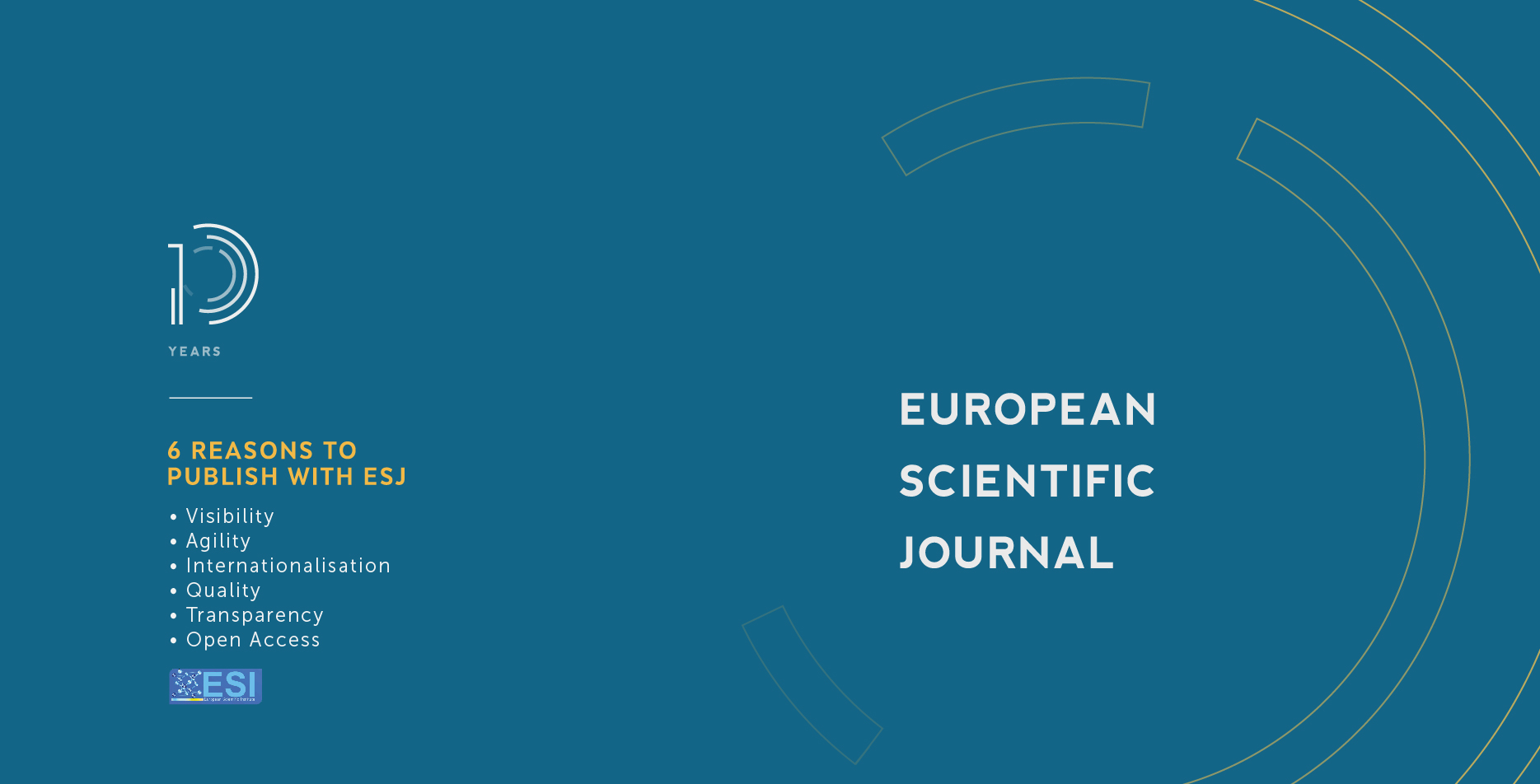Entre unité et diversité linguistique : Quelle approche pour le Cameroun ?
Abstract
Le Cameroun est considéré comme une Afrique en miniature. Cette caractéristique lui est attribuée du fait de sa diversité humaine faite de communautés culturelles quasi représentatives des composantes sociales disséminées à travers le continent noir. À en croire plusieurs sources écrites, il compte au-delà de 250 groupes ethniques et linguistiques dont la cohabitation est un fait. Toutefois, l’histoire du pays témoigne de temps en temps des ressentiments ou des heurts entre communautés voisines, toutes animées par une tendance à l’ethnocentrisme au point où il convient de se demander si la pluralité culturelle que connaît ce pays ne serait pas une entrave à sa bonne marche. Dans un contexte où des voix s’élèvent pour préconiser l’adoption d’une langue ou d’un corpus de langues pour en faire le verbe auxiliaire pour les Camerounais, alors même que les langues officielles que sont l’anglais et le français sont des objets de désaccord entre les concitoyens, une préoccupation à enjeux anthropologiques se dégage. Sacrifier la pluralité au profit d’une unité linguistique avec son caractère réducteur des richesses culturelles est-il envisageable, et à quel prix ? La réflexion que mène cet article explore les atouts et inconvénients de la diversité culturelle du Cameroun et la confronte à l’éventualité de réduire à un dénominateur commun, des expressions culturelles que le hasard des circonstances a rassemblées pour la construction du dessein national. À travers une démarche de type qualitatif et au moyen d’entretiens guidés réalisés auprès de trente individus provenant des dix régions du pays et appartenant à différents groupes ethniques, la perception qu’ont les Camerounais de diverses générations de la configuration multiculturelle de leur pays et des enjeux que celle-ci représente est questionnée. Par une approche déductive d’analyse, il s’est agi d’entrevoir ce à quoi un Cameroun réduit à une ou à quelques langues pourrait ressembler.
Cameroon is considered a miniature Africa by many researchers and other thinkers. This characteristic is given due to its human diversity made up of cultural communities that are almost representative of the social components scattered throughout the black continent. According to several written sources, there are more than two hundred and fifty (250), ethnic and linguistic groups whose cohabitation remains a fact. However, from time to time, the history of the country bears witness to resentment or clashes between neighboring communities, all of which are driven by this very human impulse of ethnocentrism, to the point where we have to ask ourselves whether the cultural plurality of this country might not be an impediment to the smooth running of the nation. In a context where voices are being raised to advocate the adoption of a language or a corpus of languages as an auxiliary verb for Cameroonians, even though the official languages of English and French are the subject of disagreement among fellow citizens, a concern with anthropological stakes emerges. Is sacrificing plurality in favor of a linguistic unit with its reductive character of cultural wealth conceivable, and at what cost? This article explores the strengths and drawbacks of Cameroon's cultural diversity and confronts it with the possibility of reducing to a common denominator, cultural expressions that have been brought together by chance, for the construction of the national project. That is to say, through a qualitative approach and guided interviews conducted with thirty individuals spread throughout the ten administrative regions of the country and identified from different ethnic groups, the perception of Cameroonians of various generations of the multicultural configuration of their country and the challenges it represents is investigated. Through a deductive approach of analysis, it is a question of glimpsing what a Cameroon reduced to one language or some languages could look like.
Downloads
PlumX Statistics
Copyright (c) 2021 Ismaïla Datidjo, Claudin Karim Nana, Pierre François Edongo Ntede

This work is licensed under a Creative Commons Attribution-NonCommercial-NoDerivatives 4.0 International License.








